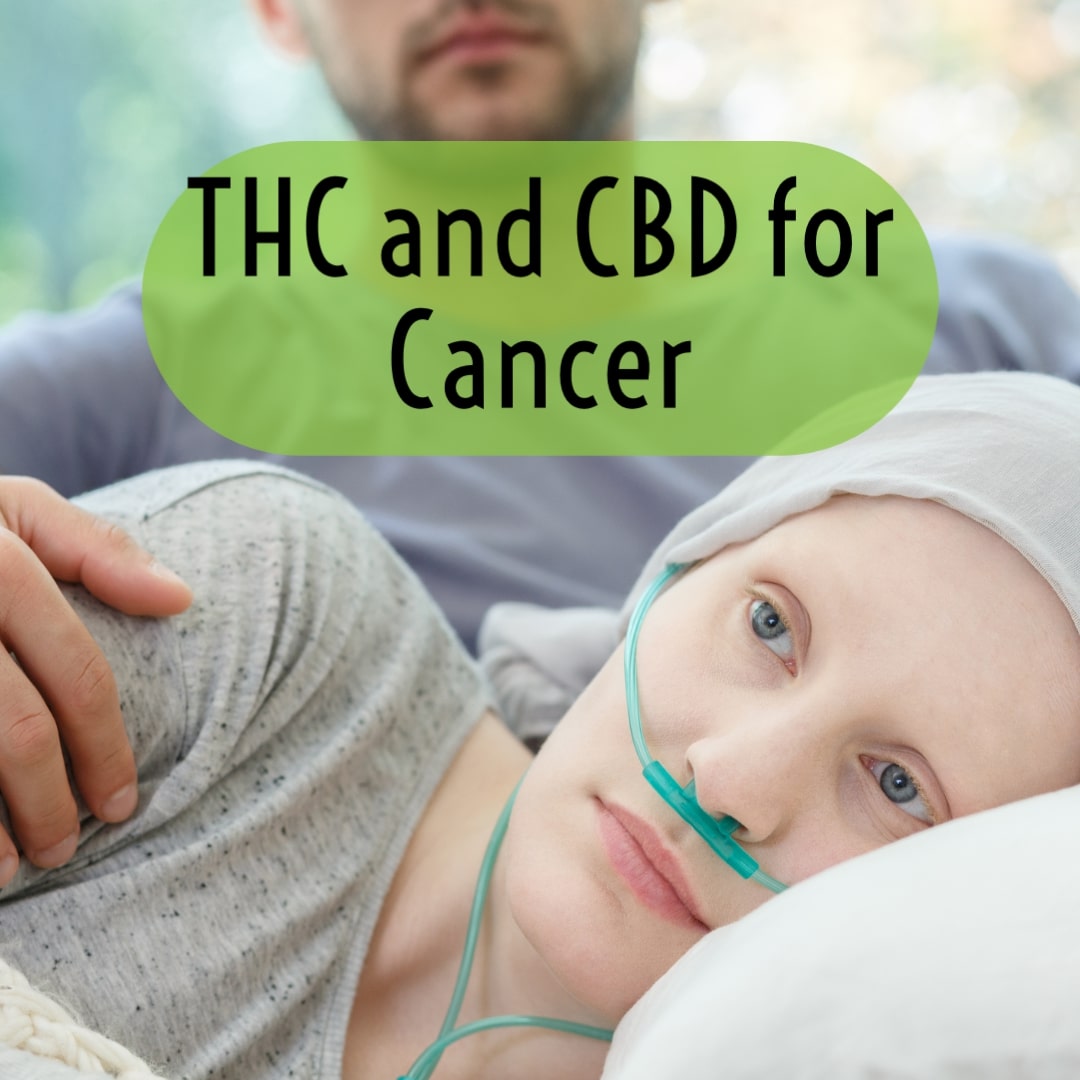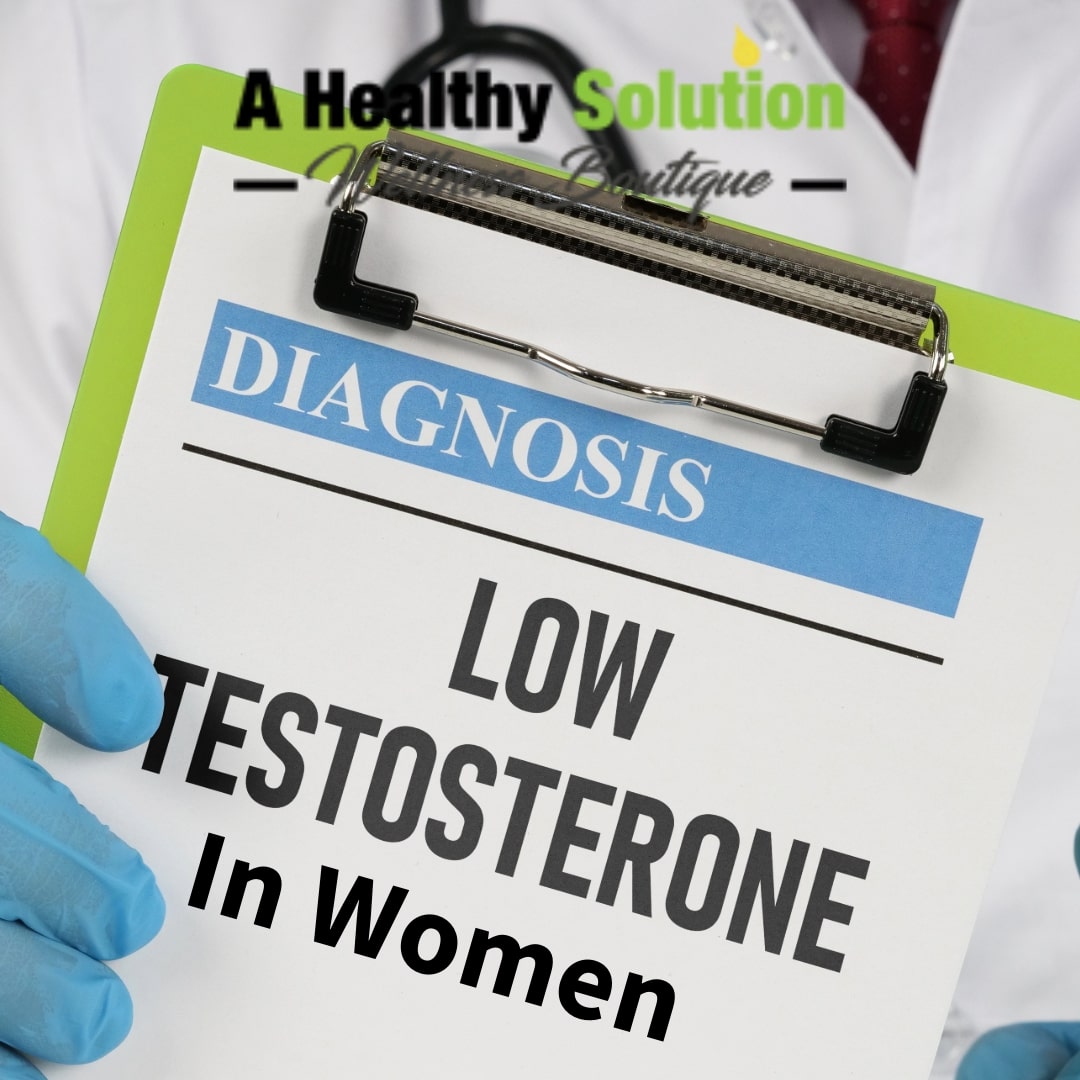In 2019, roughly 1.8 million people were diagnosed with cancer in the United States. Cancer is a disease in which abnormal cells divide uncontrollably and destroy body tissue. Cancer develops when the body’s normal control mechanism stops working. Old cells do not die and instead grow out of control, forming new, abnormal cells.
These extra cells may form a mass of tissue, called a tumor. Cancer is characterized by persistent cough, blood in saliva, bloody stool, anemia, blood in urine, persistent lumps, swollen glands, unusual vaginal bleeding, fever, weight loss, headaches, back pain, pelvic pain and much more.
There are many different types of cancer, but the most common types include breast, prostate, basal cell, melanoma, colon, lung, leukemia and lymphoma.
Treatment for cancer includes surgery, chemotherapy and radiation therapy.Cancer treatments such as chemo and radiation can produce an array of side effects, such as weakened immune system, bruising, hair loss, nausea, vomiting, neuropathy, labored breathing, constipation, diarrhea, fatigue and different types of body aches and pain.
Research shows that cannabinoids in marijuana may slow cancer growth, inhibit formation of new blood cells that feed a tumor, and help manage pain, fatigue, nausea, and other side effects. Tetrahydrocannabinol (THC) is the chemical responsible for most of marijuana’s psychological effects.
One study found that cancer cells died when they were exposed to THC concluding that THC induces apoptosis (cell death) in brain cancer. Studies in several countries would show that THC and other marijuana-derived compounds, known as cannabinoids, are effective not only for cancer-symptom management, they also confer a direct antitumoral effect.
THC slows tumor growth in common lung cancer and significantly reduces the ability of the cancer to spread.THC also selectively targets and destroys tumor cells while leaving healthy cells untouched.
Cannabidiol (CBD) is the non-psychoactive component of the marijuana plant. CBD is a potent inhibitor of breast cancer cell proliferation, metastasis, and tumor growth.
Studies show that CBD kills breast cancer cells and destroys malignant tumors by switching off expression of the ID-1 gene, a protein that appears to play a major role as a cancer cell conductor. Studies that focused on leukemia found that THC and CBD both induce apoptosis (cell death) in leukemic cell lines.
CBD and THC offers hope of a non-toxic therapy that could treat aggressive forms of cancer without any of the painful side effects of chemotherapy and radiation therapy.
Contact us so we can recommend a strain of THC specific to your type cancer and treatment. We will work with you to find the nearest medicinal facility in your area.
Always consult your primary care physician before starting a new treatment.
Our team of specialists are always available to provide you with education and assist you with any questions regarding CBD.
A Healthy Solution does not carry THC only CBD products.






Leave A Comment
You must be logged in to post a comment.